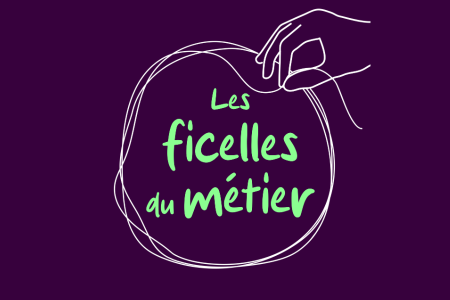 Podcast
Podcast
Knowing how to give up. Sierra Leone 1999: in the clutches of the RUF
01/15/2025For the moment, this podcast is only available in French.
 Podcast
Podcast
For the moment, this podcast is only available in French.
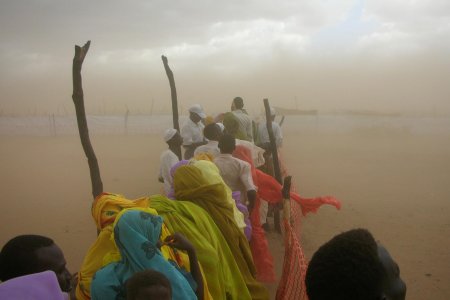 Voitek Asztabski
Speaking Out Case Studies
Voitek Asztabski
Speaking Out Case Studies
The “MSF and Darfur 2003-2009” case study describes the constraints, questions and dilemmas faced by MSF with regards to speaking out about extreme violence, massive displacements and terrible survival conditions endured by the population in the Darfur region, Sudan, between 2003 and 2009.
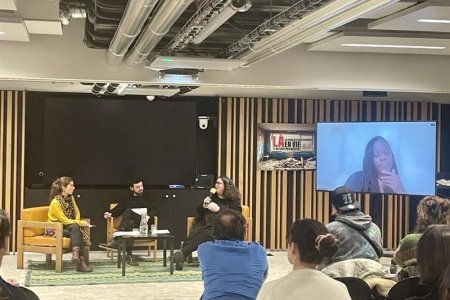 Conference
Conference
On Thursday February 6, the Crash team was delighted to welcome Romain Le Cour Grandmaison, Arnaud Dandoy, Pascale Solages and Sarah Chateau (MSF) for a conference entitled “Port-au-Prince, Haiti: living and working in chaos?”
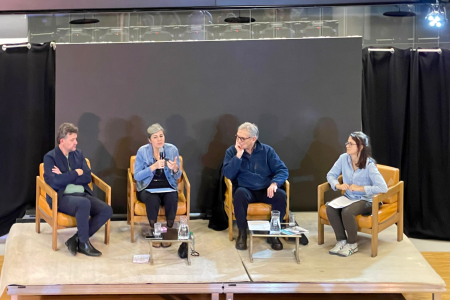 Conference
Conference
On Tuesday, December 3, 2024 at 6:30 p.m., the Crash team was pleased to welcome Julia Grignon, Jean-François Corty and Rony Brauman for a conference-debate to mark the publication of the latest issue of Alternatives Humanitaires magazine: “Ukraine-Gaza, cross-perspectives”, in which humanitarian practitioners and observers share their analyses.
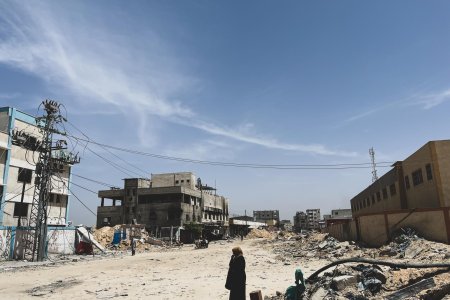 Ben Milpas
Opinion
Ben Milpas
Opinion
This reading list gathers articles and videos published between February and June 2024.
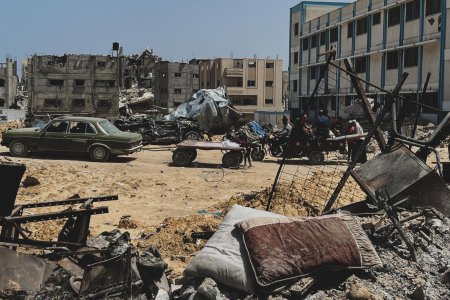 Ben Milpas
In the media
Ben Milpas
In the media
On 11 June 2024, Rony Brauman was invited alongside with journalist Shirli Sitbon and nonresident Senior Fellow at Atlantic Council Ahmed Fouad Alkhatib on France 24 English to talk about the situation in Gaza. During the interview, the former president of MSF evokes the ongoing starvation and the need for a ceasefire.
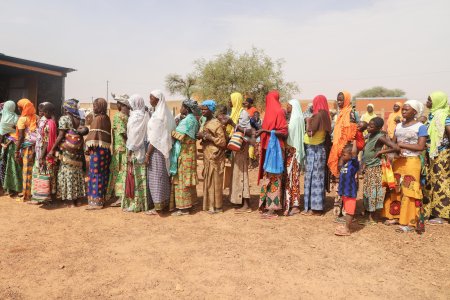 Nisma Leboul
Interview
Nisma Leboul
Interview
Following a series of coups d'état in recent years in Niger, Mali and Burkina Faso, the Sahel region is undergoing a major redefinition. In a context of high insecurity, what are the possibilities for accessing populations? What are the conditions under which our teams are operating, and can we do more? This interview with Hamadoun Dicko, who is in charge of access issues in the Sahel for MSF, was originally published association's website of MSF-France.
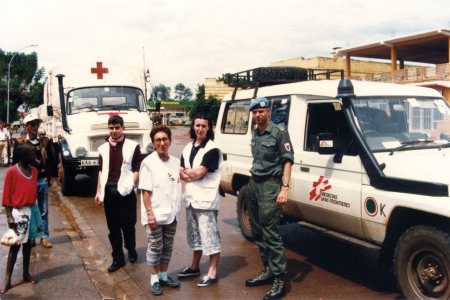 Xavier Lassalle
News in brief
Xavier Lassalle
News in brief
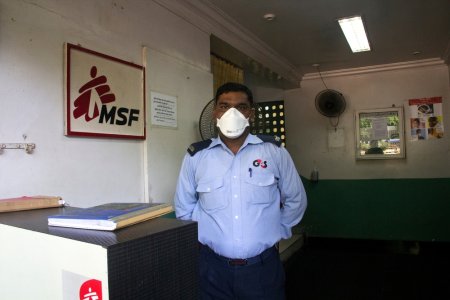 Anshul Uniyal
News in brief
Anshul Uniyal
News in brief
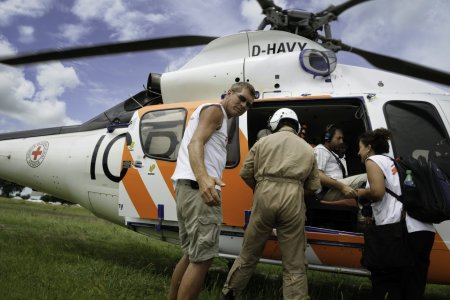 Robin Meldrum/MSF
Analysis
Robin Meldrum/MSF
Analysis
The rehabilitation of international humanitarian law (IHL) has become a priority for those who think that the horrors of contemporary wars are largely due to the blurring of the distinction between civilians and combatants and for those who think that campaigning for the respect of IHL could result in more civilised wars. Similarly, respect for humanitarian principles is still seen by many as the best tool available to protect the safety of aid workers. In this text, I argue that both assumptions are misled. The distinction between civilians and combatants, a cornerstone of IHL, has been blurred in practice since the late nineteenth century. In addition, humanitarian agencies claiming to be ‘principled’ have been victims of attacks as much as others. History and current practice tell us that neither IHL nor humanitarian principles provide safety or can guide our decisions. Accepting their symbolic value, rather than their unrealised potential to protect and solve operational dilemmas, would free humanitarian agencies from endless speculations.
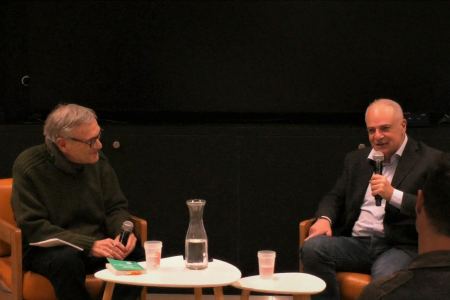 Conference
Conference
We were pleased to welcome Pierre Hazan, author of the book Négocier avec le diable. La médiation dans les conflits armés for a conference and debate on Thursday December 15th, 2022, 18:30, at MSF (34 avenue Jean Jaurès, 75019 Paris). The conference was livestreamed and translated simultaneously to English.
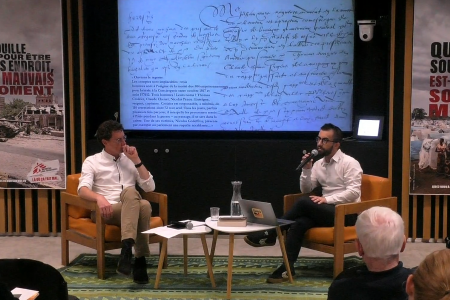 Conference
Conference
Conference and debate, May 17th, 2022, from 18:30 to 20:30 (Paris time), MSF (14-34 avenue Jean Jaurès, 75019 Paris). The conference was livestreamed and translated simultaneously to English.